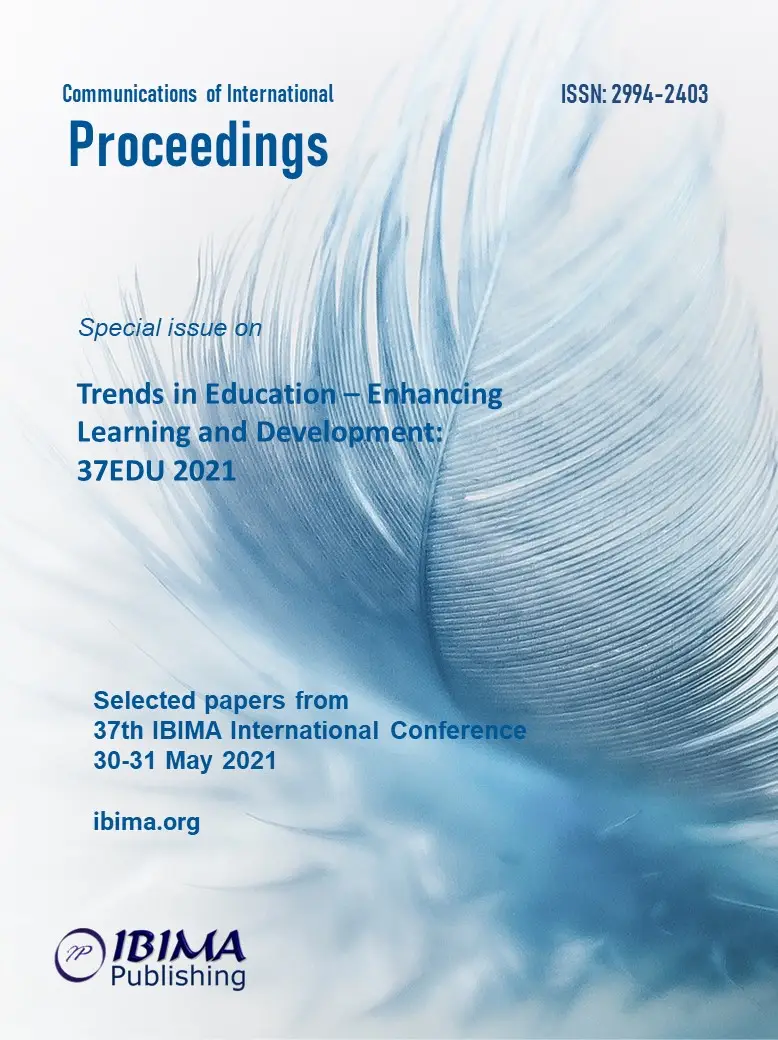

Tolulope O. NOEL, GEORGE Tayo Ola, David. O. IMHONOPI, Emmanuel. O. AMOO, EGHAREVBA Matthew E and Elizabeth AROGBONLO
Covenant University Ota, Ogun State, Nigeria

The purpose of this study is to determine if undergraduate misconduct affects academic performance. Undergraduate misconduct is an issue in the Nigerian tertiary education system for different reasons. Some students commit offence and get probation, some violate stipulated rules and they get expelled or suspended from the University and this can in turn have negative effect on the students’ grades, mental health or even their parent’s mental and physical health. This study will examine the causes of misconducts among the undergraduates in addition to finding out the effect on students’ academic performance. The study relied on two theories namely: The social cognitive theory of moral thoughts and actions by Albert Bandura and the Differential Association Theory by Edwin Sutherland. These theories helped explain the topic more on why students behave the way they do. This study used the descriptive survey as a design for the research study. This study made use 350 questionnaire to elicit information from respondents who are students of Covenant University and University of Lagos. The questionnaire was prepared by the researcher having in mind the research objectives and questions. The purposive sampling method was adopted. Two Universities in South West Nigeria (University of Lagos and Covenant University) were selected. The researcher found that student’s misconduct does have a relationship with student’s academic performance. The study recommended that the in order for these misconducts to be reduced, there has to be a combined effort from both the students, parents and educators in instilling discipline among the students.